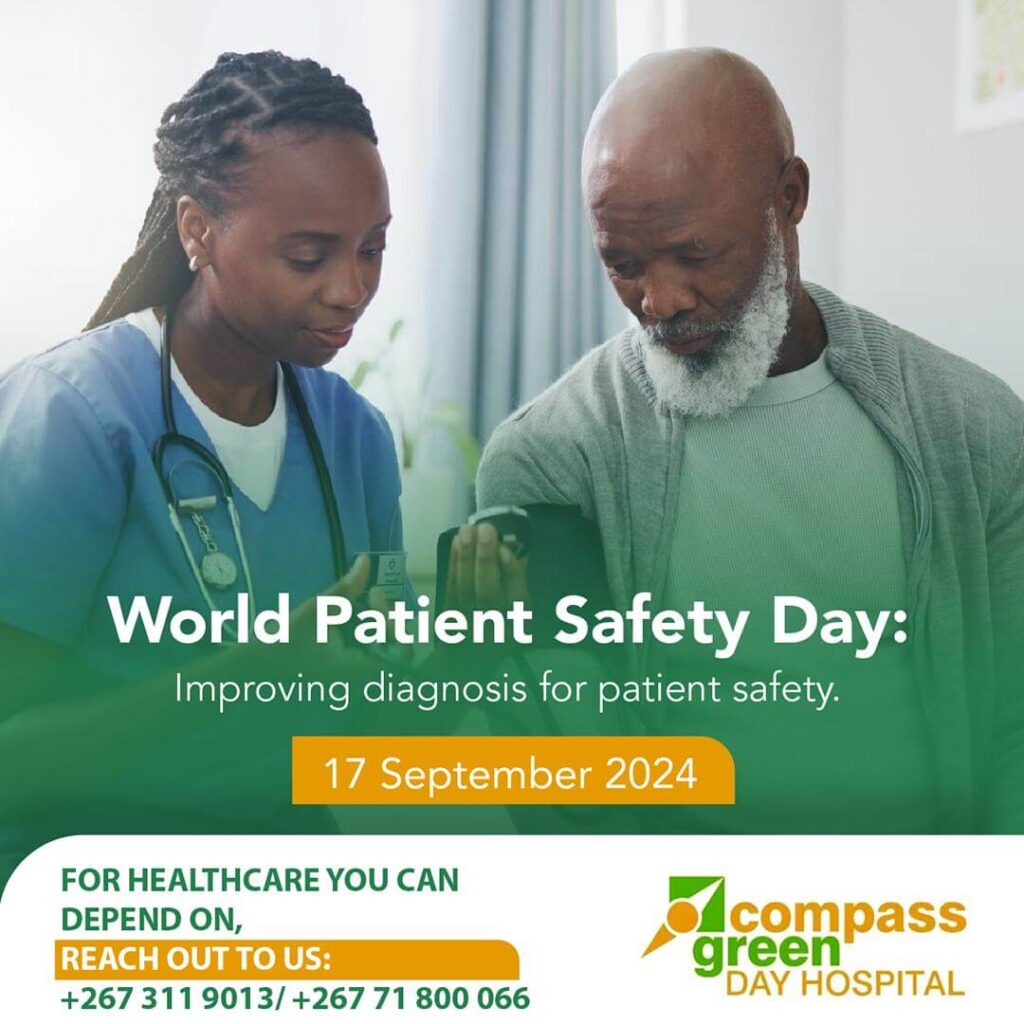World Patient Safety Day, observed September 17th, is a global initiative spearheaded by WHO to raise awareness about the importance of patient safety. This year, the focus is on improving diagnosis as a critical factor in improving health outcomes, enabling patients to get access to potentially life-saving treatments on time, and safeguarding their health. Accurate and timely diagnosis is not just a goal – it’s a necessity, and requires collaborative efforts from various stakeholders such as healthcare professionals, policymakers, and patients.
Why Accurate and Timely Diagnosis is Crucial
A correct diagnosis is the first step towards effective treatment. When diagnoses are delayed or incorrect, patients may receive inappropriate treatments, which can lead to worsening conditions, prolonged illness, and even preventable deaths. Timely and accurate diagnosis ensures that patients receive the right treatment at the right time, improving their chances of recovery and reducing the risk of complications.
Systems-Based Issues in Diagnostic Safety
Diagnostic errors often stem from complex, systemic issues within healthcare settings. These include:
- Fragmented Healthcare Systems: When healthcare providers do not communicate effectively or share patient information seamlessly, critical diagnostic details can be missed. This fragmentation can lead to incomplete assessments and errors in diagnosis.
- Inadequate Use of Technology: While technology has the potential to enhance diagnostic accuracy, outdated or poorly integrated systems can create barriers. For example, if electronic health records (EHRs) are not used effectively, key diagnostic information may not be readily available to clinicians.
- Workload and Resource Constraints: High patient loads and limited resources can lead to rushed assessments, increasing the risk of diagnostic errors. Healthcare providers under pressure may not have the time or tools to conduct thorough diagnostic evaluations.
Cognitive Factors Affecting Diagnostic Accuracy
Beyond systemic issues, cognitive factors also play a significant role in diagnostic errors. These include:
- Cognitive Biases: Healthcare providers, like all humans, are susceptible to biases that can affect their decision-making. For example, confirmation bias may lead a clinician to favour a diagnosis that aligns with their initial assumptions, even when contrary evidence is present.
- Diagnostic Overconfidence: Overconfidence in a particular diagnosis can lead to missed opportunities to explore alternative diagnoses. This can be especially dangerous in complex cases where symptoms may overlap between different conditions.
- Communication Breakdown: Miscommunication between healthcare providers and patients can result in incomplete information being used for diagnosis. Patients may not fully disclose symptoms, or providers may not ask the right questions, leading to incomplete assessments.
Strategies to Improve Diagnostic Safety
Improving diagnostic safety requires a concerted effort from all stakeholders in the healthcare system. Here are some strategies:
- Enhancing Communication and Collaboration: Encouraging open communication among healthcare teams and between providers and patients is crucial. Multidisciplinary collaboration can help ensure that all aspects of a patient’s condition are considered.
- Leveraging Technology: Investing in and effectively utilising advanced diagnostic tools and EHRs can reduce errors. For example, decision-support systems can help clinicians by providing evidence-based recommendations during the diagnostic process.
- Continuous Education and Training: Regular training for healthcare providers on cognitive biases and diagnostic strategies can help mitigate the impact of human factors on diagnosis. Simulation-based training, for instance, can provide opportunities to practise decision-making in complex scenarios.
- Patient Engagement: Empowering patients to be active participants in their healthcare can improve diagnostic accuracy. Educating patients on the importance of sharing comprehensive health information and encouraging them to ask questions can help ensure all relevant details are considered during diagnosis.
World Patient Safety Day is a crucial reminder that patient safety begins with an accurate diagnosis. At Compass Green Day Hospital, we are dedicated to leading the charge in improving diagnostic safety.
By addressing both systemic and cognitive factors, we can reduce errors and enhance patient outcomes. As we mark this important day, let us all commit to making patient safety our top priority—because every patient deserves the best care possible.


